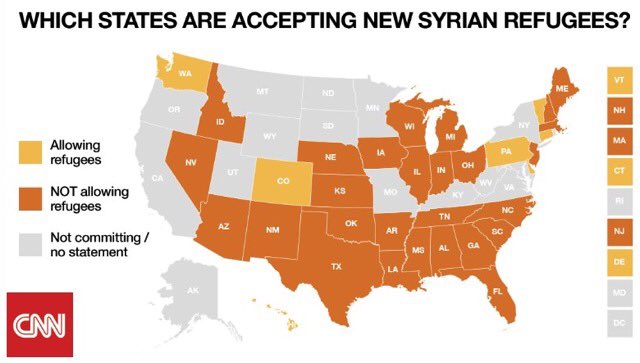8 tidbits from the highway bill
As Congressional negotiators unveiled a more than 1300 hundred page highway construction bill on Tuesday, a quick peek inside the plan showed that it contains provisions that are about much more than just building new roads and bridges across the United States.
For those who want to look at the entire bill, you can read the measure here.
If you read on, here are eight items from the finalized highway bill that caught my eye:
1. Renewal of the Export-Import Bank – More conservative Republicans had tried to get rid of this government agency, but there were simply too many supporters in both parties in the House and Senate, as a provision to renew the charter of the Export-Import Bank was included in this bill.
2. Amtrak must cut out its food losses – After Congressional hearings and internal reports that detailed how Amtrak loses millions each year, this bill forces Amtrak to make major changes, and end those financial losses on food and beverage sales within five years. One report found that a $9 cheeseburger sold on board a train really cost Amtrak $16 – as taxpayers picked up the extra cost.
3. Sec. 1409 Milk Products – Here is your research assignment: find out why this language is being added to Section 127 (a) of Title 23, United States Code – “(13) Milk Products – A vehicle carrying fluid milk products shall be considered a load that cannot be easily dismantled or divided.”

4. Motorcyclist Advisory Council – If you ride a motorcycle, you might be able to join a motorcyclist advisory council that would be created by this bill. It would seek input from motorcycle riders on the design of barriers, roads, and the “architecture and implementation of intelligent transportation system technologies.’
5. Higher fines for automakers – The highway bill has a provision that allows the National Highway Traffic Safety Administration (NHTSA) to levy fines of up to $105 million on automakers that withhold information on automobile safety defects. The current limit on fines is $35 million.
6. Positive Train Control – The highway bill authorizes $199 million in grants to help pay for “positive train control” – a computerized technological effort that would help prevent train crashes and accidents, by automatically bringing a train to a stop. Supporters argue that same system could have prevented a recent crash outside of Philadelphia, where an Amtrak passenger train jumped the tracks, killing eight people and injuring over 200 others.
7a. Studies and more studies – Congress loves to order the executive branch to study things. And this bill is no different, as it requires a half dozen studies – they include, a study on the performance of bridges, a study on locomotive horns at highway-rail grade crossings, and one on the national roadside survey of alcohol and drug use by drivers.
7b. Reports and more reports – Congress loves to order the Executive Branch to file reports on all sorts of subjects, and this highway bill is no different. I found at least a dozen new reports – everything from a report on refunds to registered vendors of kerosene used in noncommercial aviation to a report on vertical track deflection to a report on the design and implementation of wireless roadside inspection systems.
Recreational boating – The highway bill also includes language on recreational boating, which would include up to $1.5 million for “a survey of levels of recreational boating participation and related matters in the United States.”


 An upgraded, more comprehensive system // Source: wired.com
An upgraded, more comprehensive system // Source: wired.com